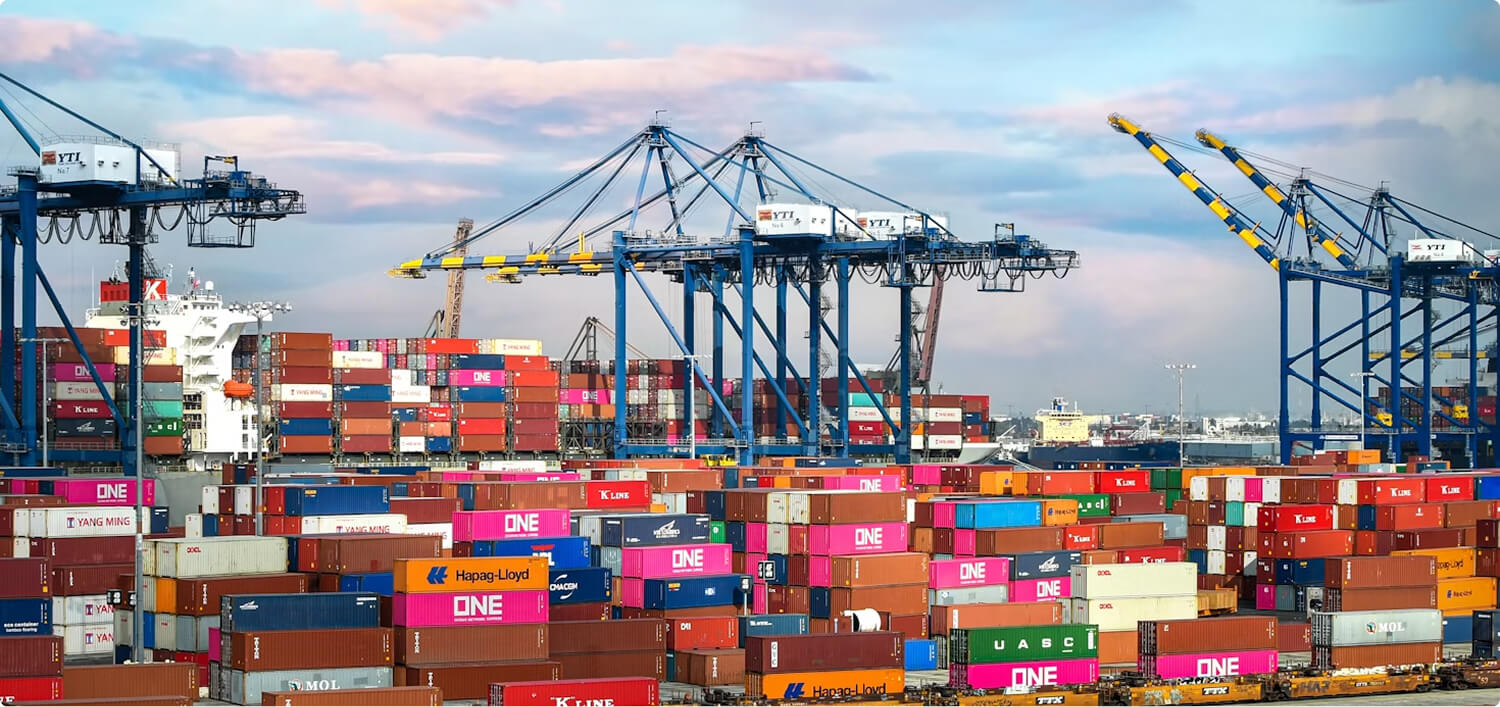The Future of Commodities Trading in Africa: Opportunities, Challenges, and Transformation

Africa stands at a pivotal moment in its economic evolution, with commodities trading poised to play a transformative role in the continent’s future. From vast mineral reserves to fertile agricultural lands, Africa’s resource wealth has long been a cornerstone of its economy. Yet, the landscape of commodities trading is shifting—driven by technological innovation, regional integration, and global demand for sustainable resources. As we look ahead to the coming decades, the future of this sector in Africa promises both immense opportunities and significant challenges. Here’s what lies on the horizon.
A Resource-Rich Continent in Transition
Africa is home to some of the world’s most sought-after commodities: oil in Nigeria and Angola, gold in South Africa and Ghana, cocoa in Côte d’Ivoire and Ghana, and rare earth minerals scattered across nations like Tanzania and the Democratic Republic of Congo (DRC). Historically, the continent’s trade has been extractive, with raw materials exported to global markets and value added elsewhere. However, this dynamic is changing as African nations seek to leverage their resources for local growth and industrialization.
The global energy transition is a key driver. Demand for metals like lithium, cobalt, and copper—critical for batteries and renewable energy technologies—is surging. Africa, which holds over 30% of the world’s mineral reserves, is well-positioned to meet this need. For instance, the DRC supplies more than 60% of the world’s cobalt, while South Africa and Tanzania are emerging players in rare earths. Meanwhile, agricultural commodities like cocoa, coffee, and cashews remain vital, feeding into global food supply chains amid rising populations and shifting consumer preferences.
Regional Integration: The AfCFTA Effect
The African Continental Free Trade Area (AfCFTA), launched in 2018 and now operational across 54 countries, is a game-changer for commodities trading. By reducing tariffs, harmonizing regulations, and improving infrastructure, AfCFTA aims to boost intra-African trade, which currently accounts for just 18% of the continent’s total trade—far below levels in Europe or Asia. For commodities, this means a shift from exporting raw materials to processing and trading them within Africa.
Take agriculture as an example. Côte d’Ivoire and Ghana, which together produce over 60% of the world’s cocoa, could move beyond exporting beans to manufacturing chocolate locally, capturing more value and creating jobs. Similarly, the AfCFTA could encourage regional hubs for metals processing, reducing reliance on foreign refineries. Early estimates suggest intra-African exports could rise by over 100% by 2030, with manufactured goods and processed commodities leading the charge.
Technology and Market Efficiency
Technology is reshaping how commodities are traded in Africa. Digital platforms and commodity exchanges are streamlining markets that have long been fragmented and informal. The Ethiopian Commodity Exchange (ECX), established in 2008, offers a blueprint: it provides farmers with real-time pricing, reduces transaction costs, and links smallholders to global buyers. Similar initiatives, like the Africa Exchange (AFEX) in Nigeria, are expanding access to agricultural futures and options, helping farmers hedge against price volatility.
Blockchain and mobile banking are also gaining traction. In Ghana, blockchain is being piloted to track gold from mine to market, ensuring transparency and curbing illicit trade. Mobile platforms, ubiquitous across Africa, allow traders to access market data, secure financing, and execute deals in real time. These tools could formalize the $200 billion informal trade sector, bringing more players into structured markets.
Challenges on the Horizon
Despite the promise, hurdles remain. Infrastructure gaps—poor roads, unreliable power, and congested ports—drive up costs and delay shipments. For example, transporting copper from the DRC to global markets can take weeks due to logistical bottlenecks. Political instability and regulatory inconsistency also deter investment, as seen in disputes over mining licenses in Zambia and Tanzania.
Climate change poses another risk. Droughts and floods threaten agricultural yields, while the push for decarbonization could reduce demand for fossil fuels like coal and oil, which still underpin economies like South Africa and Nigeria. Meanwhile, the artisanal mining sector, a lifeline for millions, faces scrutiny over labor conditions and environmental impact, complicating efforts to scale up sustainable production.
The Rise of Sustainable Trading
Sustainability is becoming non-negotiable. Global buyers increasingly demand ethically sourced commodities, pressuring African producers to adopt greener practices. In response, countries like Botswana are investing in solar-powered diamond sorting facilities, while Ghana promotes fair-trade cocoa. The energy transition also opens doors: hydrogen projects in Namibia and green ammonia in Morocco signal a pivot toward low-carbon commodities, potentially redefining Africa’s role in global trade.
Looking Ahead: A New Era for African Commodities
By 2040, Africa’s commodities trading landscape could look radically different. If AfCFTA succeeds, regional value chains could dominate, with processed goods outpacing raw exports. Technology could democratize markets, empowering small-scale farmers and miners to compete globally. And as the world races to net zero, Africa’s green minerals and renewable energy potential could make it a linchpin of the new economy.
Success hinges on bold action: governments must prioritize infrastructure and policy stability, businesses must embrace innovation, and international partners must support capacity building over extraction. The stakes are high—commodities trading could either perpetuate Africa’s historical role as a resource supplier or propel it toward economic sovereignty. The choices made today will shape the continent’s trajectory for generations.
As Africa steps into this future, one thing is clear: its commodities are no longer just raw materials—they’re the building blocks of a new economic powerhouse. The world is watching, and Africa is ready to trade on its own terms.
